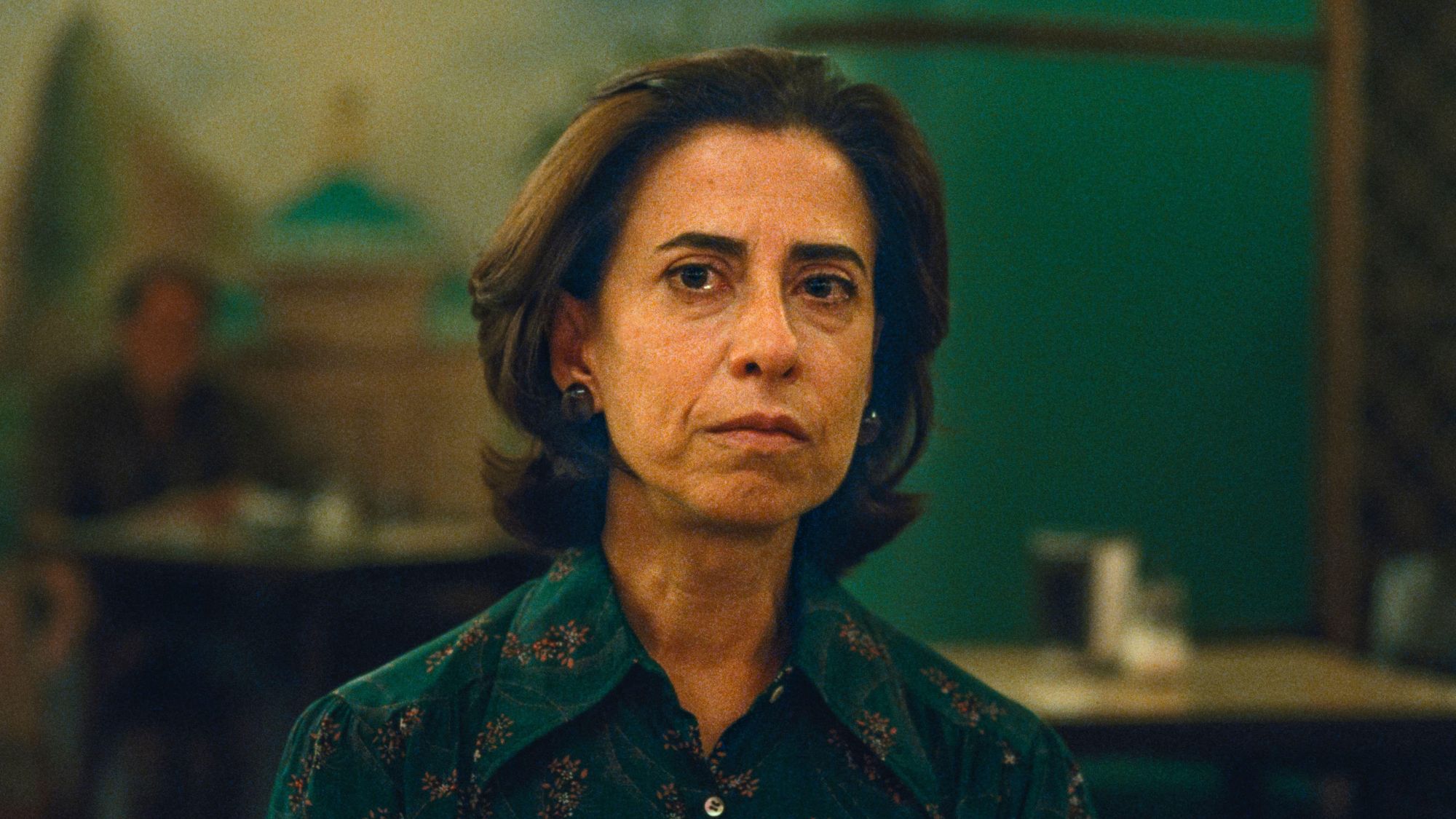I'm Still Here: 'superb' drama explores Brazil's military dictatorship
Fernanda Torres delivers 'phenomenal' performance as mother whose life is shattered by violence in the Oscar-nominated drama

A free daily email with the biggest news stories of the day – and the best features from TheWeek.com
You are now subscribed
Your newsletter sign-up was successful
This powerful Oscar-nominated drama is about the real-life kidnapping and murder of a former congressman in 1971, during Brazil's military dictatorship, said Kevin Maher in The Times. Up for best picture, best actress and best international film, it's made by the Brazilian director Walter Salles, who got to know the subject's family as a boy.
This isn't "another South American dictatorship drama", however; instead, it is one of the great films about motherhood, because once the politician has been snatched from the family home in Rio de Janeiro, the focus turns to his wife, Eunice Paiva (the "phenomenal" Fernanda Torres), and what follows as she searches for justice and closure over the next 40 years. "Best actress Oscar for Torres? Worth a flutter."
Torres gives a performance of great "subtlety and dignity" as a woman having to shield her five children from despair, said Peter Bradshaw in The Guardian. But her character is so self-controlled – she doesn't cry once – that the film feels "numbed and sometimes even strangely placid". Still, "this might well be precisely the experiences of the families of the 'disappeared', their emotional responses stunted and amputated by the state".
The Week
Escape your echo chamber. Get the facts behind the news, plus analysis from multiple perspectives.

Sign up for The Week's Free Newsletters
From our morning news briefing to a weekly Good News Newsletter, get the best of The Week delivered directly to your inbox.
From our morning news briefing to a weekly Good News Newsletter, get the best of The Week delivered directly to your inbox.
For me, the standout moment of this "superb" film comes when the family relocates to São Paulo, and one of the couple's daughters sits on the doorstep of the house they're about to leave, said Wendy Ide in The Observer. Her face "a mask of grief", she leans "towards the now empty rooms as though drawn by the magnetic pull of happier times". It was in this moment, we later learn, that she "'buried' her father, realising then that he wasn't coming home". I have watched the film three times, and "this achingly sad single shot has broken me every time".
A free daily email with the biggest news stories of the day – and the best features from TheWeek.com